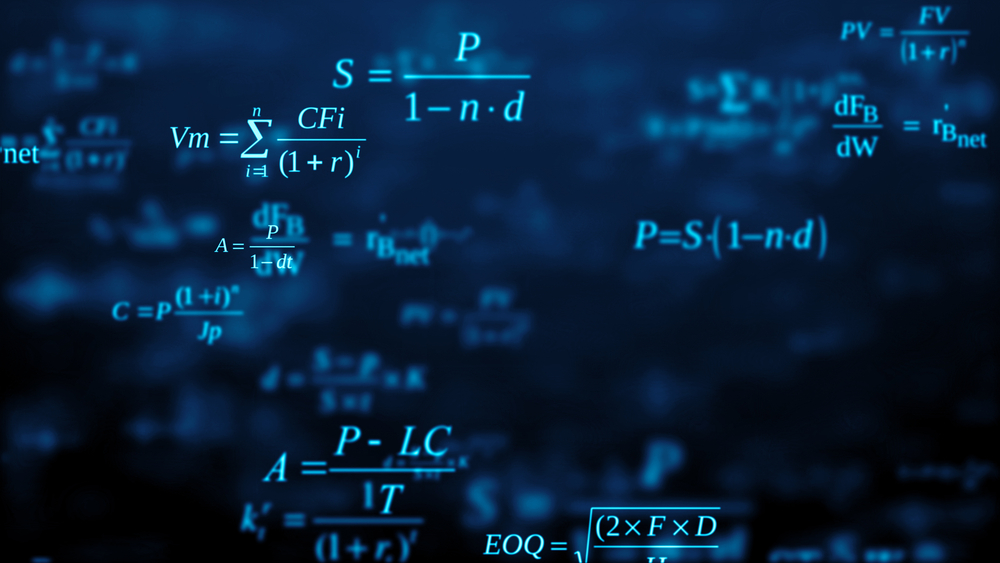While most of us surmise that we are aware of what is happening in our lives, we are conscious of only a small fraction of what is happening inside our brains. Despite the fact that we have cognizance of the changes in our thoughts, yet we have no idea from where they come from. In order to consider something deterministic we must be able to predict its future states effectively. Although this debate has kept philosophers and scientists engaged for a long time; however, some recent developments have clarified some aspects of this never ending debate. The theory of Quantum Indeterminacy has contributed enormously to make it onerous to comprehend and with idea of local hidden variables, it has laid down the boundaries on what levels of consciousness can be achieved. The supreme we can attain is to envision the possibilities of future outcomes based on certain probabilities.
Apart from numerous misinterpretations of Einstein’s famous quote “God does not play dice with the universe”, the underpinning idea is that in order to make exact predictions about the future, one must know every bit of the universe. In other words, he believed that there must be some laws of the nature governing all the happenings in the universe. From the above stated idea, it seems like one should wait until the evolutionary changes make it possible for humans to mentally grasp all the complexities of the universe that may last forever or to live a life like people in the Paleolithic period.
Every occurring event we perceive in this world is nothing but an abstraction of more complex affair underneath. With the ever increasing challenges in the world of Problem solving, scientists were left with no option but to develop their own ideal world containing only the desired complexities. Concerning to the ideas of solving real world problems, one must be able to bring the real world scenarios to the abstract world. The science of abstraction is nothing but arrangement of complexities at different levels.
In an abstract world, people are only provided with certain levels of complexities that they need to get their job done. For example, when you feel hungry you just think about eating something not getting engaged in thinking about how the food will enter into your body, the digestive processes converting it into energy and so on. You develop your own level of abstraction to tackle your hunger. When you are driving and about to hit something, you immediately apply brakes without even thinking about what happens inside the car when you do so. Similarly, when it comes to problem solving, the clustering and simplification of problem is necessary to make it compatible with abstract world.


